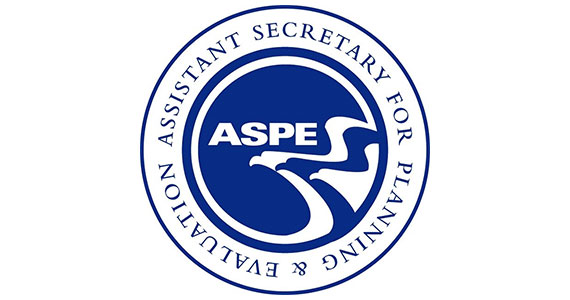Maternal opioid use and diagnoses of Neonatal Abstinence Syndrome (NAS) have increased significantly in the United States over the last decade. Increased maternal substance use has contributed to maternal mortality in the United States, with one recent study documenting a marked increase in drug overdose mortality among pregnant and postpartum mothers between 2018 and 2021. Treatment for opioid use disorder (OUD) with medications for OUD (MOUD), in combination with other evidence-based behavioral therapies if indicated and appropriate, is strongly recommended for pregnant and postpartum women given the negative maternal health and birth outcomes associated with maternal opioid use. Maternal opioid use has been linked to neonatal opioid withdrawal and fever, respiratory symptoms, tremors and even seizures, with studies finding long-lasting neurodevelopmental impacts through preschool age. While previous studies have examined the impact of prenatal opioid use on early childhood development, evidence of the relationship between receipt of intensive behavioral health services and MOUD during pregnancy and subsequent child outcomes is lacking. This study represents findings from a descriptive analysis of a linked mother-child Medicaid claims dataset to examine the characteristics of pregnant women with an opioid-exposed birth who received MOUD (with or without intensive behavioral health services), intensive behavioral health services (without MOUD), or neither; additional analysis describes the mental health and neurodevelopment outcomes of children in the first two service receipt categories at 1 year and 3 years.
Characteristics of Pregnant and Postpartum Women With Opioid-Exposed Births and Their Children According to Type of Behavioral Health Treatment

Comments are closed.
